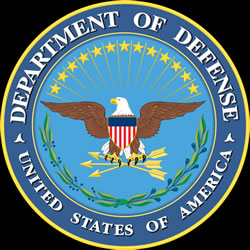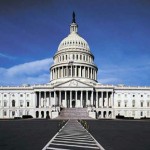
Three Challenges for the Next Secretary of Defense
Today came news that Chuck Hagel was being pushed out as Secretary of Defense. He was a decorated Vietnam Veteran and two-term moderate Republican Senator, and he served almost two years in the Pentagon. I think he never really seemed to find his niche either with those in the White House or the large bureaucracy at the Pentagon. Regardless, with no shortage of issues to deal with, we should consider several questions that will face the next Secretary on day one. [Editor’s note: Hagel had been a board member at ASP before becoming the Secretary of Defense.]
Despite months of aerial attacks, ISIS remains a strong force to be reckoned with and shows no signs of going anywhere quickly. One of the policy decisions that likely put the US in this difficult position was the decision to completely withdraw forces from Iraq at the end of 2011. However, many of those who made that decision remain in power, and some may now return. Do we need a new strategy? Will a new Secretary be capable of influencing and potentially changing our current strategy?
While the Department of Defense leaders are responding to ISIS, Ebola and other significant security threats worldwide, they remain in a constant battle over timely and predictable budgets to address readiness and modernization. With the recent mid-term elections, the now Republican-controlled Congress must address sequestration. However, their proposed changes to sequestration could come at the expense of domestic programs, and that will garner opposition from the White House. All of the service chiefs, and all three of Obama’s Secretaries of Defense have repeatedly warned about the damage sequestration is doing to our military. Can the next Secretary get buy in from those service chiefs while still supporting what is likely to be an administration policy that will not end sequestration?
Recent reports suggest that John Brennan, the Director of Central Intelligence, is considering wide ranging reforms to how the agency operates. Changing the long-standing culture of any organization is very difficult and we should reserve our judgment. However, the bulk of our intelligence agencies are within the DoD. Can the new Secretary influence these agencies in a way that will complement or support what Director Brennan is doing?









